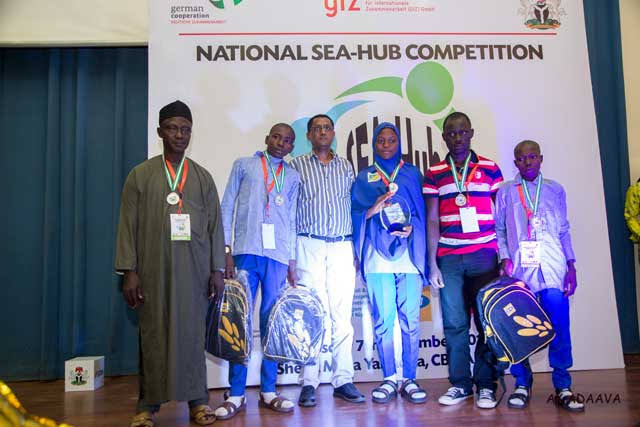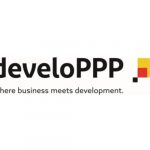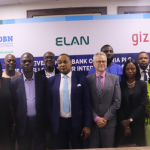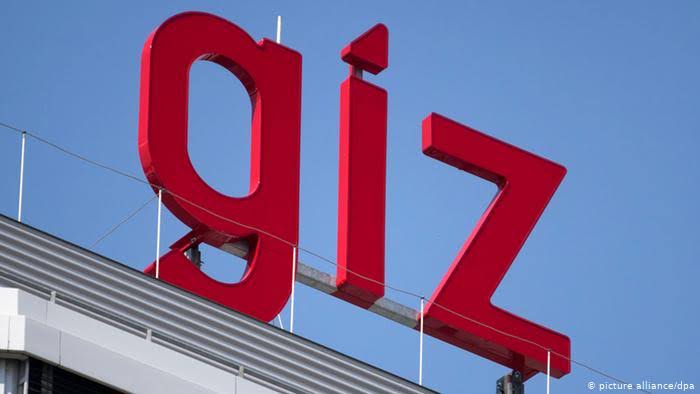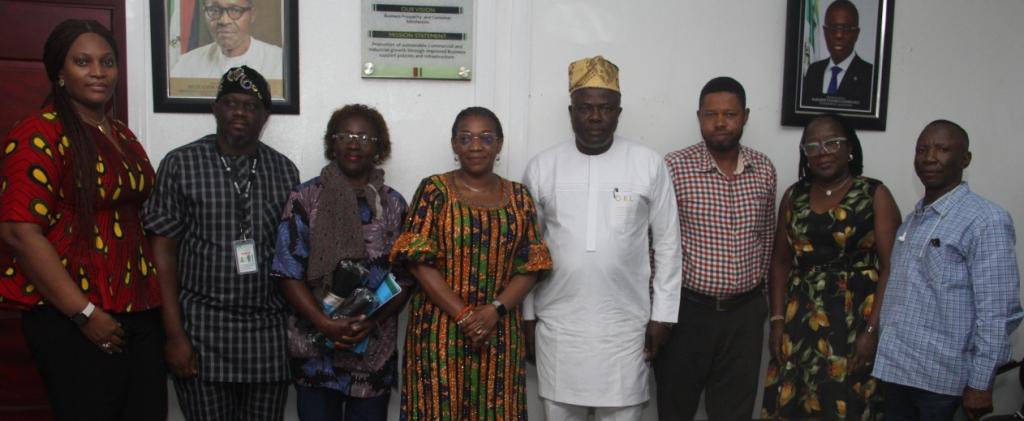Markus Wauschkuhn, Head of Cluster, Sustainable Economic Development at Deutsche Gesellschaft für Internationale Zusammenarbeit (GIZ) GmbH Nigeria, has stated working with Nigerian partners encourages students in secondary schools to pursue their own business ventures.
The GIZ is aiding student entrepreneurs to tailor vocational training programs to market needs, according to Wauschkuhn, who was speaking during a SEA-Hub media tour in Lagos on Tuesday.
“The Economic Education Entrepreneurship component of our activities led to the conception of SEA-Hub, which is helping school students to develop entrepreneurial skills to enable them become self-reliant.
“The SEA-Hub concept fosters opportunity recognition, promotes innovation, teach students life skills and risk-taking and stimulates critical thinking.
“Through collaboration with relevant partners in both the private and public sectors, we are closing the gap between technical skills and business skills among students by unlocking their entrepreneurial potentials.
“We are focusing on secondary school students because, although they will form the majority of the future workforce, they remain inadequately exposed to the business skills required to forge ahead,” he said.
SEA-Hub is Students Entrepreneurship Activities-Hub, a Pro-Poor Growth and Promotion of Employment in Nigeria Programme (SEDAN) implemented by GIZ to introduce basic entrepreneurship training for secondary schools.
Piloted in Niger State in 2016, it is currently being implemented in Niger, Ogun, Plateau, Edo, Lagos, Yobe, Kaduna, Delta, Imo, Osun and Oyo states.
Since the inception, SEA-Hub, over 30,000 school students have been reached in 342 schools across the participating states.
Also, more than 300 secondary school leavers trained under the programme have set up personal businesses, while also implementing community projects as part of social responsibility.
Speaking at the event, Ms. Adetola Salau, Senior Special Assistant to Lagos State Government on Education, said SEA-Hub has empowered many indigent students in the state.
“In the three local government areas where SEA-HUB is being implemented – Alimosho, Agege and Ifako Ijaye – we have high population of young people with very few opportunities.
“But this programme has practically succeeded in teaching our students how to fish and we have no doubt that it can be scaled up to benefit more students,” she said.
Olawaiye Oladoyin, Component Lead of GIZ Nigeria’s Economic Education and Entrepreneurship (EEE), said at the media tour that the SEA-Hub initiative has revived co-curricular activities in participating schools.
“We decided to catch the student entrepreneurs young. We identify and train students and teachers who then sensitise their school managements.
“They also set up entrepreneurship clubs, where they meet regularly to solve problems, open their minds to opportunities and think of specific solutions.
“SEA-Hub has not only revived co-curricular activities among students; it has also impacted supervising teachers directly or indirectly,” she said.
The media tour took journalists to Alimoso Senior Grammar School and Abesan Senior High School, in Lagos, where students’ SEA-Hub activities were inspected.
(NAN)


